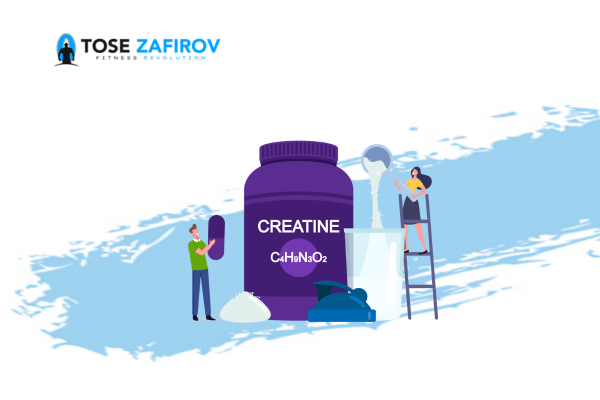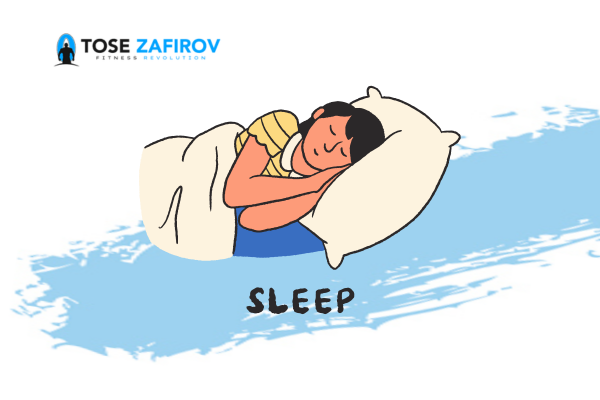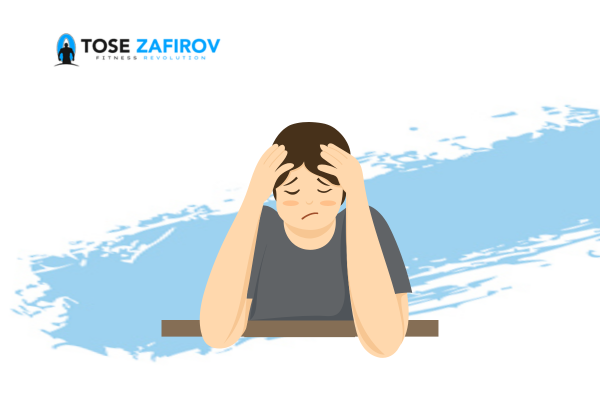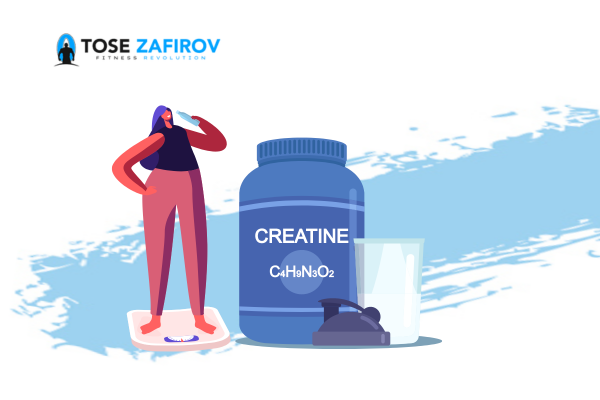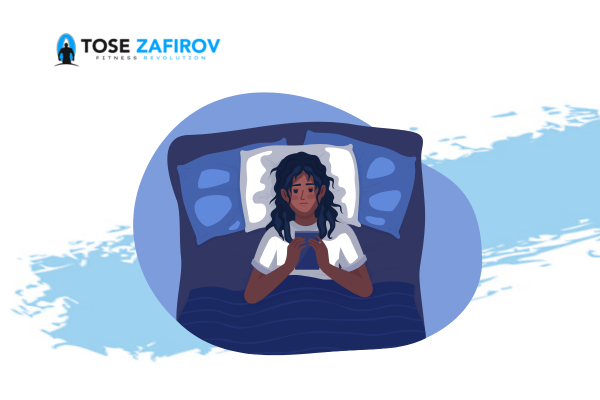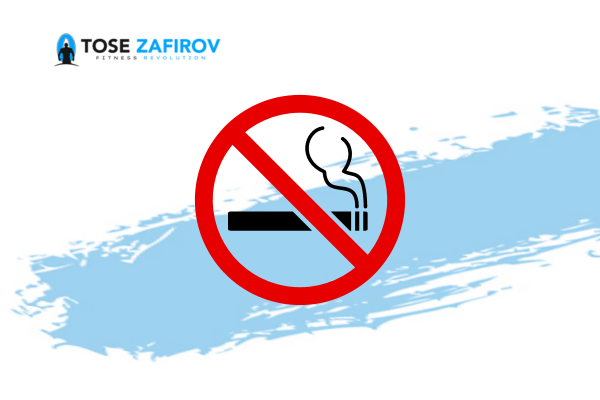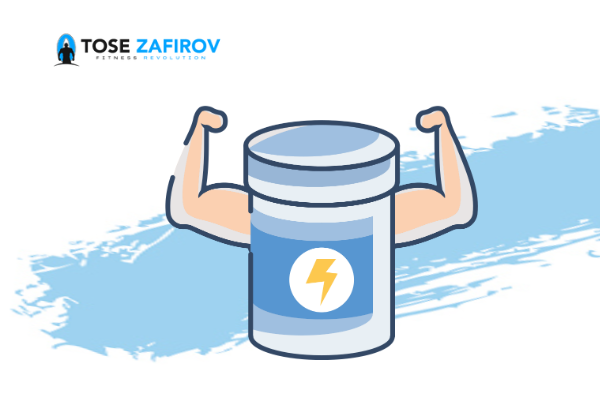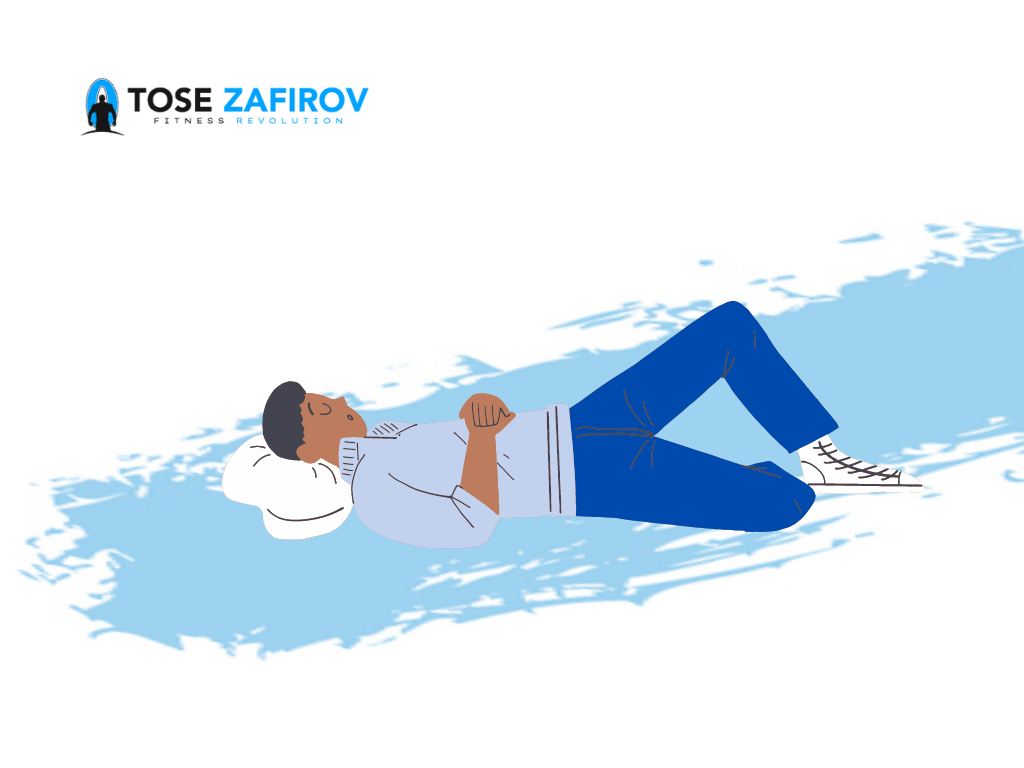Getting enough sleep is essential for maintaining a healthy body and mind. Sleep is not only critical for your mental and physical health but also a key factor in achieving your fitness goals. In this blog post, we’ll explore the importance of sleep for regeneration and fitness transformation.
Key Takeaways:
- Good sleep is essential for our physical and mental health and overall well-being.
- During sleep, our body goes through a process of regeneration and repair, which is crucial for maintaining optimal health.
- Lack of sleep can lead to a range of negative effects, such as fatigue, decreased cognitive function, mood swings, and even serious health conditions like obesity, diabetes, and cardiovascular disease.
- It is recommended that adults aim for 7-9 hours of sleep each night to ensure proper regeneration and functioning of the body and mind.
Why good sleep is important for our body?
Here are some of the most important reasons why we need good sleep!
Repair and Regeneration:
While we sleep, our body undergoes a process of repair and regeneration. This process is essential for the growth and maintenance of tissues and muscles. Good sleep helps to increase the production of human growth hormone (HGH), which is responsible for tissue repair, muscle growth, and bone density.
Note
Weight Control:
Weight control is an essential aspect of overall health and well-being. Many factors can impact an individual’s ability to maintain a healthy weight, and one crucial aspect is getting enough sleep. Research has shown that poor sleep can negatively affect the hormones responsible for regulating hunger and appetite, leading to overeating and weight gain.
Consistent sleep schedule can help maintain a healthy weight by promoting proper hormonal balance and energy regulation. In addition, sufficient sleep also helps individuals to avoid late-night snacking and excessive calorie intake. Thus, incorporating adequate sleep into one’s daily routine can significantly contribute to weight control efforts and overall health.
Improved Brain Function:
Sleep is essential for cognitive function, memory consolidation, and learning. A good night’s sleep can enhance our ability to focus, think creatively, and solve problems. It can also improve our mood and emotional regulation, reducing the risk of depression and anxiety.
Pro Tip
Get enough quality sleep to improve brain function. Aim for 7-9 hours of uninterrupted sleep each night to enhance memory consolidation, cognitive function, and problem-solving abilities. Adequate sleep can also boost mood and reduce the risk of mental health issues. Establish a consistent sleep schedule, avoid caffeine and alcohol before bed, and create a relaxing bedtime routine to improve sleep quality.
Heart Health:
Good sleep is essential for maintaining a healthy heart. Studies have shown that sleep deprivation can increase the risk of heart disease, high blood pressure, and stroke.
Warning
Lack of sleep can harm your heart. Make sure you get enough quality sleep every night to lower your risk of cardiovascular problems. If you have trouble sleeping, talk to your doctor about possible causes and solutions.
Boost Immune System:
Sleep plays a critical role in supporting our immune system. During sleep, our body produces cytokines, a protein that helps to fight off infections, inflammation, and stress. Lack of sleep can weaken our immune system, making us more susceptible to illnesses and infections.
Pro Tip
To improve your sleep quality and boost your immune system, try to follow a regular sleep schedule, avoid caffeine and alcohol before bedtime, limit screen time at night, and create a comfortable and dark sleeping environment.
Other Benefits of Good Sleep For Overall Health and Well-Being
Sleep and physical health
Another function of sleep is to restore and rejuvenate our body. During sleep, our body produces hormones that stimulate growth, tissue repair and muscle growth. These hormones also help regulate our appetite, metabolism and immune system.
Sleep also helps prevent chronic diseases and disorders. Research has shown that insufficient or poor quality sleep can increase the risk of heart disease, stroke, diabetes, obesity and dementia. These conditions are associated with inflammation, oxidative stress, and impaired glucose regulation
Sleep also affects our appearance and aging. Sleep helps us produce collagen, a protein that keeps our skin supple and smooth. Sleep also reduces the production of cortisol, a stress hormone that can damage our skin cells and cause wrinkles. Sleep also prevents dark circles under the eyes by reducing fluid retention.
Warning
Sleep is essential for your physical health and well-being. Lack of sleep can cause serious health problems and affect your appearance and aging. Make sure you get enough quality sleep every night to prevent these negative consequences.
Sleep and mental health
Good sleep also directly affects our mental health. When we sleep, our brain processes and consolidates our memories and the actions we have taken, making it easier for us to learn and remember information. It also helps regulate our mood and emotions, reducing the risk of anxiety and depression.
To ensure quality sleep, it is important to establish a healthy sleep routine. This includes getting into the habit of regular bedtimes and wake-up times, avoiding caffeine and alcohol before bed, and creating a calm and relaxing sleep environment.
If you struggle with insomnia or want to learn more about the benefits of a good night’s sleep. Consult Toshe’s team in the next 48 hours. His coaching team has experienced fitness trainers who will guide you through a comprehensive fitness program. Terms are limited.
Pro Tip
Good sleep can boost your mental health and performance. To improve your sleep quality, follow a regular sleep schedule, avoid stimulants and distractions before bed, and create a comfortable sleep environment. If you need more help with your sleep or fitness goals, contact Toshe’s team today and get a personalized coaching program from a Mr. Olympia champion. Don’t miss this opportunity to transform your life!
Tips to Help You get better sleep
- Get enough exposure to natural light during the day. This helps regulate your circadian rhythm and improve your sleep quality and duration.
- Avoid blue light from screens at least 2 hours before bedtime. Blue light can suppress the production of melatonin, the hormone that controls your sleep cycle.
- Stick to a regular sleep schedule. Going to bed and waking up at the same time every day can help your body get into a natural rhythm and make it easier to fall asleep.
- Avoid caffeine, alcohol, and nicotine in the evening. These substances can interfere with your sleep quality and duration by stimulating your nervous system or disrupting your REM sleep.
- Create a comfortable and relaxing sleep environment. Make sure your bedroom is dark, quiet, cool, and free of distractions. You can use curtains, earplugs, fans, or white noise machines to create a conducive atmosphere for sleep.
- Exercise regularly, but not too close to bedtime. Physical activity can improve your physical and mental health, as well as your sleep quality. However, exercising too late in the day can keep you awake by raising your body temperature and adrenaline levels.
- Avoid heavy meals and spicy foods before bed. Eating too much or too spicy food can cause indigestion, heartburn, or acid reflux, which can make it hard to fall asleep or stay asleep.
- Relax and unwind before bed. Engage in some calming activities, such as reading, listening to soothing music, meditating, or taking a warm bath. This can help you reduce stress and anxiety and prepare your mind and body for sleep.
The Bottom Line:
- Sleep is essential for our physical and mental well-being. It helps us regulate our body functions, repair our tissues, consolidate our memories, and improve our cognitive abilities. Without enough sleep, we may experience impaired concentration, mood swings, weakened immunity, and increased risk of chronic diseases. Therefore, we should aim for at least seven to nine hours of quality sleep every night to maintain our health and performance.


